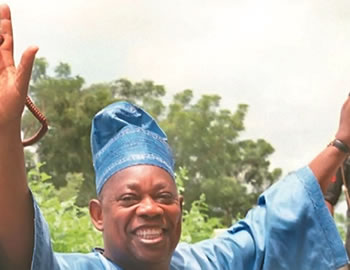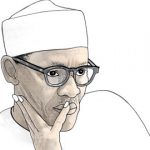IN 1992, the late Chief Moshood Kasimawo Olawale (MKO) Abiola gave some money to the largest and most prestigious umbrella organisation in the world for the study of Africa, the African Studies Association (ASA), based in the United States of America.
The money was to establish the annual “M.K.O. Abiola Lecture Award,” an award that sponsors a distinguished scholar based in Africa to travel to the annual conference of ASA in the United States to deliver a lecture of great significance about Africa.
MKO’s action was truly visionary and ahead of its time then, and the award has since become one of ASA’s most treasured, and one that remains a source of great pride to Nigerian scholars in particular, and African scholars everywhere in general.
Eminent Nigerian scholars who have won the award include Professors Bolanle Awe, Jacob F. Ade Ajayi, Wande Abimbola, and Abiola Irele.
MKO did not get to the point of endowing the award before he died. That is unfortunate, because given his foresight and knowledge of how philanthropy in academic works, it is clear that his goal was to ultimately endow the award.
An endowment would have guaranteed that the award is annually available permanently—in perpetuity—in his name.
The money he donated has since run out, and the ASA has been funding the award from other sources for a couple of years now, in great appreciation of Abiola’s pioneering visionary act.
But this cannot continue indefinitely, because the standard practice is for an association to rest an award when the fund attached to it no longer exists. The all-important MKO Abiola Lecture Award, the pride of Africans in the study of Africa, will soon die.
Because ending the MKO Lecture will be a big shame to all Nigerians everywhere, I took on the task of finding a solution when I was elected member of ASA Board of Directors.
I have since 2014 been seeking, with little headway, big donors to help replenish the award and endow it permanently.
I have been in touch with representatives of the Abiola family and they are supportive of efforts to rescue the award.
The award costs $5000.00. The amount needed to endow it is $100,000, which, at stock market rates, will yield just enough to run the award annually in perpetuity.
I know this is a large amount of money, but I do not think it is too large to permanently entrench a shining, far-sighted and pioneering example of African philanthropy in support of serious research and scholarship. It is an example for those of us living now, and for posterity.
- Tejumola Olaniyan,
tolaniyan@wisc.edu
University of Wisconsin-Madison,
USA.






